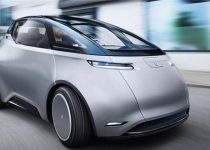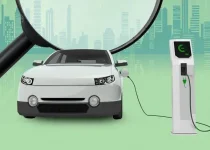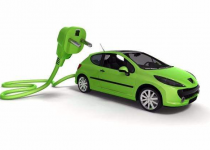How can businesses benefit from integrating electric vehicles into their fleets
Businesses can benefit from integrating electric vehicles (EVs) into their fleets in several ways, including cost savings, environmental benefits, and enhanced corporate image. Key benefits of integrating EVs into business fleets are:
- Lower operating costs: EVs have lower fuel costs compared to internal combustion engine (ICE) vehicles due to the lower cost of electricity compared to gasoline or diesel. Additionally, EVs generally have lower maintenance costs, as they have fewer moving parts and do not require oil changes, exhaust system maintenance, or engine tune-ups.
- Reduced emissions: By replacing ICE vehicles with EVs, businesses can significantly reduce greenhouse gas emissions and air pollution associated with their fleet operations, contributing to a cleaner environment and helping meet emissions reduction targets.
- Enhanced corporate image: Adopting EVs can improve a company’s image by demonstrating commitment to sustainability and environmental responsibility, which can be appealing to customers, investors, and other stakeholders.
- Incentives and tax benefits: Many governments offer incentives and tax benefits for businesses that adopt EVs, including grants, tax credits, and reduced registration fees. These incentives can help offset the upfront cost of purchasing EVs and further enhance the financial benefits of EV integration.
- Employee satisfaction: Providing EVs as company cars or for business travel can enhance employee satisfaction, as employees may appreciate the opportunity to drive cleaner and more technologically advanced vehicles.
- Reduced noise pollution: EVs are quieter than ICE vehicles, which can be beneficial in urban environments or when operating in noise-sensitive areas, such as residential neighborhoods or near hospitals.
- Access to low-emission zones and priority lanes: Some cities have introduced low-emission zones, where only low-emission vehicles are allowed or have reduced fees. Additionally, some jurisdictions offer priority access to high-occupancy vehicle (HOV) lanes or preferential parking for EVs, which can save time and increase efficiency for fleet operations.
- Future-proofing: As governments around the world continue to set ambitious emissions reduction targets and phase out ICE vehicles, integrating EVs into business fleets can help companies stay ahead of regulatory changes and ensure long-term viability.
- Scalability and smart charging: Businesses can optimize fleet charging through the use of smart charging systems, which can help manage charging times and energy use more efficiently, and scale up their EV fleet as demand and infrastructure grow.
By integrating electric vehicles into their fleets, businesses can achieve cost savings, reduce their environmental impact, and demonstrate a commitment to sustainability, all while staying ahead of changing regulations and consumer preferences.



